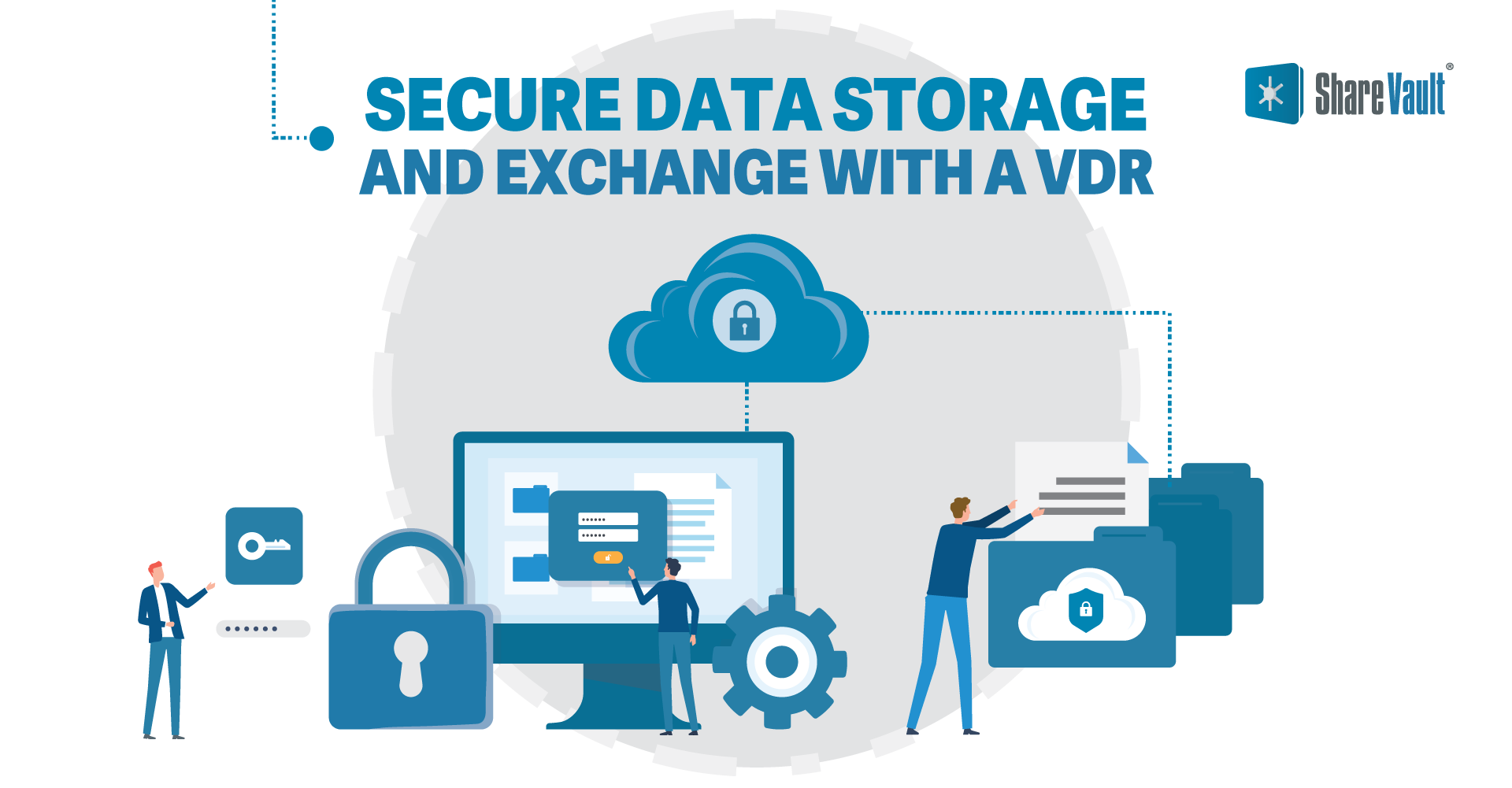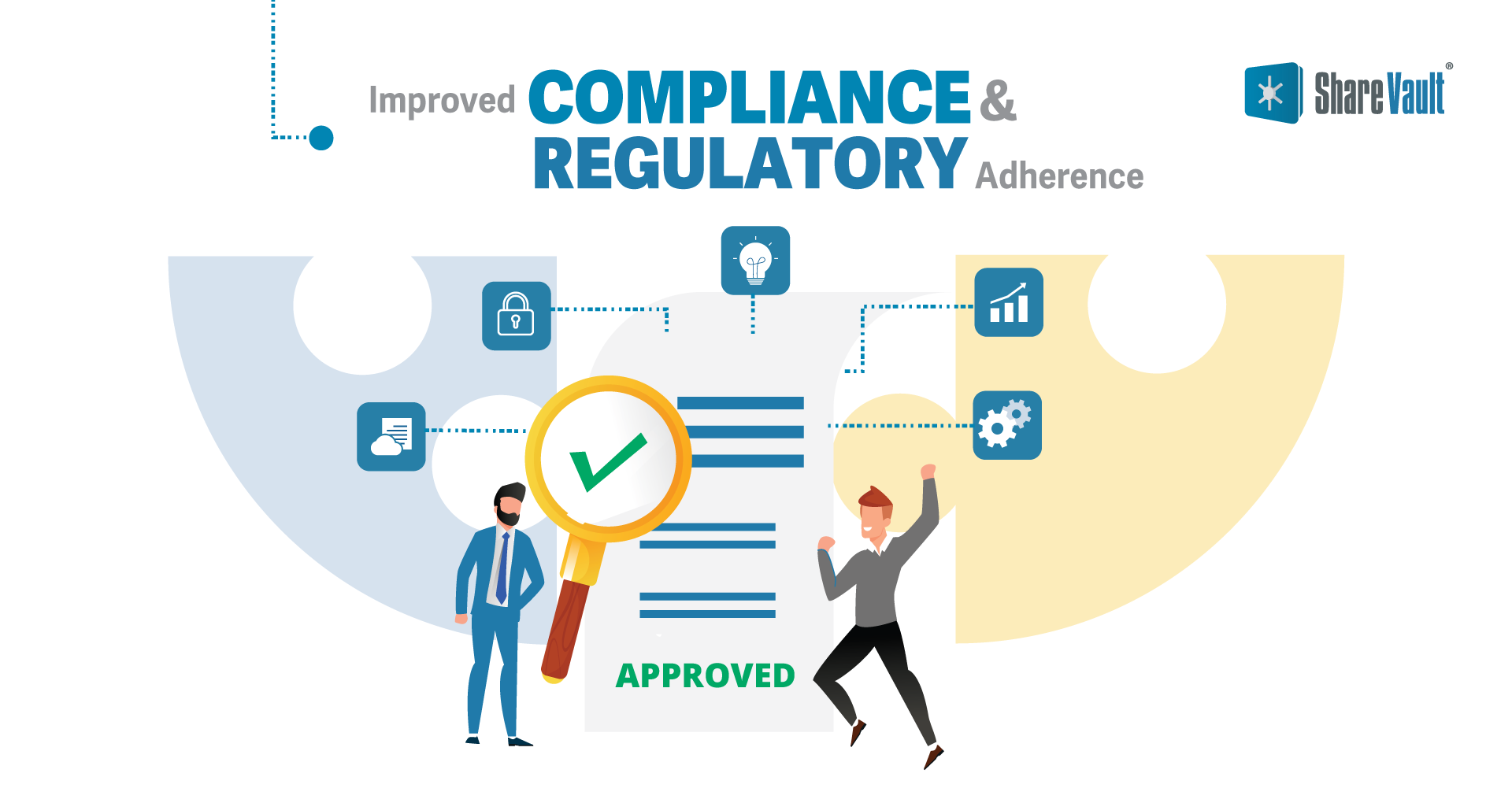In the fast-paced world of finance, effective risk management is a critical factor in ensuring the stability and success of financial institutions. With the increasing volume and complexity of data, handling sensitive information securely while maintaining transparency and compliance has become a challenging task.
Fortunately, technology has provided a valuable solution in the form of a Virtual Data Room (VDR). These online platforms offer a secure and efficient way to manage and exchange confidential data, enabling the finance industry to bolster its risk management efforts. Let’s explore the various ways VDRs are aiding the finance sector in mitigating risks and safeguarding sensitive information.
Secure Data Storage and Exchange with a Virtual Data Room
The foundation of risk management in the finance industry relies on securely storing and exchanging critical information. VDRs provide a robust and encrypted environment where financial institutions can safely store confidential documents, such as client data, financial reports, and legal agreements.
Unlike traditional physical data rooms or unsecured digital file-sharing methods, VDRs are equipped with multiple layers of security, including data encryption, access controls, and activity tracking. This significantly reduces the risk of data breaches and unauthorized access, minimizing potential liabilities.

Enhanced Due Diligence Processes
In the finance industry, thorough due diligence is paramount before engaging in any significant business transaction. Whether it's mergers and acquisitions, capital raising, or investment opportunities, a virtual data room streamlines the due diligence process.
These platforms enable financial institutions to grant controlled access to relevant parties, facilitating the efficient exchange of crucial documents and information. Moreover, administrators can monitor user activity, ensuring compliance with regulations and identifying potential risks or suspicious behavior.
Improved Compliance and Regulatory Adherence
Adhering to strict compliance and regulatory standards is a top priority for financial institutions. Failure to comply with regulations can lead to severe penalties and reputational damage. A virtual date room plays a vital role in helping the finance industry maintain compliance with various regulations, such as GDPR, HIPAA, and SEC guidelines.
By incorporating granular access controls and audit trails, a virtual data room enables organizations to demonstrate accountability and transparency to regulatory bodies and auditors. Furthermore, these platforms often come with watermarking and digital rights management features, making it easier to enforce data protection policies.

Streamlined Internal Communication
Effective risk management requires seamless communication among internal teams, stakeholders, and decision-makers. VDRs facilitate streamlined communication by providing a centralized platform for collaboration and discussion. Different teams can access the same information, update it in real-time, and have discussions within the platform. This reduces the chances of miscommunication and ensures everyone is on the same page regarding risk assessment, strategy, and mitigation measures.
Data Analytics and Insights
Modern VDRs come equipped with advanced data analytics capabilities, providing valuable insights to finance professionals. By tracking user activity, data room administrators can gain a comprehensive understanding of how information is accessed, utilized, and shared.
This information can be utilized to identify potential risks and vulnerabilities in the system. Additionally, data analytics can offer insights into user behavior, helping finance institutions better understand their clients and tailor their services to meet their specific needs.
Disaster Recovery and Business Continuity
Risk management also involves preparing for unforeseen events that could disrupt operations. A virtual data room offers robust disaster recovery features, automatically backing up data and documents in secure locations.
In the event of a natural disaster, cyber-attack, or any other disruptive incident, financial institutions can quickly restore access to critical information and resume operations, minimizing downtime and mitigating potential losses.
Conclusion
Virtual Data Rooms have emerged as indispensable tools in the finance industry's risk management toolkit. These secure and efficient platforms facilitate safe data storage and exchange, streamline due diligence processes, ensure compliance with regulatory standards, enhance internal communication, offer valuable data analytics, and strengthen disaster recovery capabilities.
As the finance sector continues to grapple with an ever-evolving risk landscape, VDRs play a pivotal role in safeguarding sensitive information and ensuring the stability and success of financial institutions in an increasingly digital world.
